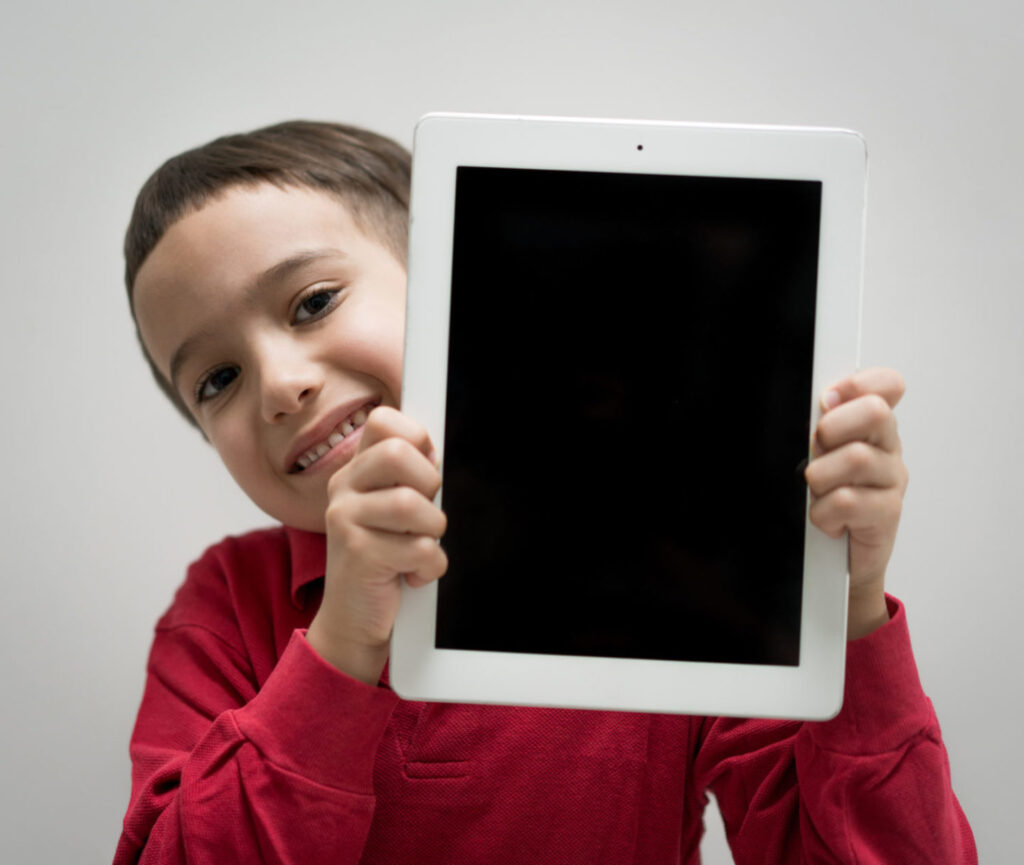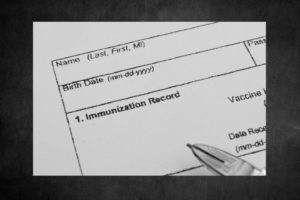Games schools play: Is the government bribing kids to get vaccinated?
Kids will do just about anything for a sticker.
But the very qualities that make children eager for a reward are being exploited by the government in yet another COVID-related ploy to convince…

Kids will do just about anything for a sticker.
But the very qualities that make children eager for a reward are being exploited by the government in yet another COVID-related ploy to convince families to have their children vaccinated.
Except this time, the coercion is happening at school, where the parents may not even know what is going on.
According to the Missouri Department of Elementary and Secondary Education (DESE), public schools are, by law, able to give out prizes and incentives to children as young as pre-K in an effort to convince the children and/or their families to receive the COVID-19 vaccine.
How might schools pay for this? COVID-relief funding from state and federal government sources, according to an FAQ document published on the Missouri DESE website.
And what prizes might be offered? According to the document:
…an LEA [Local Educational Agency] might host a drawing in which all vaccinated students are entered to win a prize such as a new tablet, a reasonable cash award, college scholarship money, or new school supplies and books. Similarly, an LEA might give each vaccinated student a nominal gift card or any other allowable incentive that is reasonable in size and scope and likely to lead to an increase in the rate of vaccinations.
A few questions parents might want to be asking their children’s schools:
- Why are the schools taking away the parents’ right to decide what is best for their children by pressuring students to make a healthcare decision?
- How do these programs make children view healthcare? As a prize to be won? Do we want children viewing vaccines as something to do to earn a trinket, instead of something to be researched and treated as a serious issue?
- How does this make children feel who are unable to get the vaccine because of other health issues that put them at an elevated risk for an adverse reaction?
- Why would administrators add yet one more program to an already overloaded staff that doesn’t have enough instructional time in the day?
Notably, these funds are not focused only on high school students, or even junior high students. These funds are available for programs from preschool through 12th grade.
“[F]unds may also support COVID-19 vaccination efforts, when available for younger children, in state and local public pre-kindergarten programs that may include programs located in schools or community-based pre-kindergarten/early childhood education settings,” according to the Missouri DESE website.
Rather than being tasked with deciding whether to be vaccinated, it’s likely most parents would say preschoolers should be thinking about decisions such as their favorite color, what superhero they want to be when they grow up and who’s their next best friend.
Most folks might also say decisions about a child’s health should be left to parents and medical professionals.



